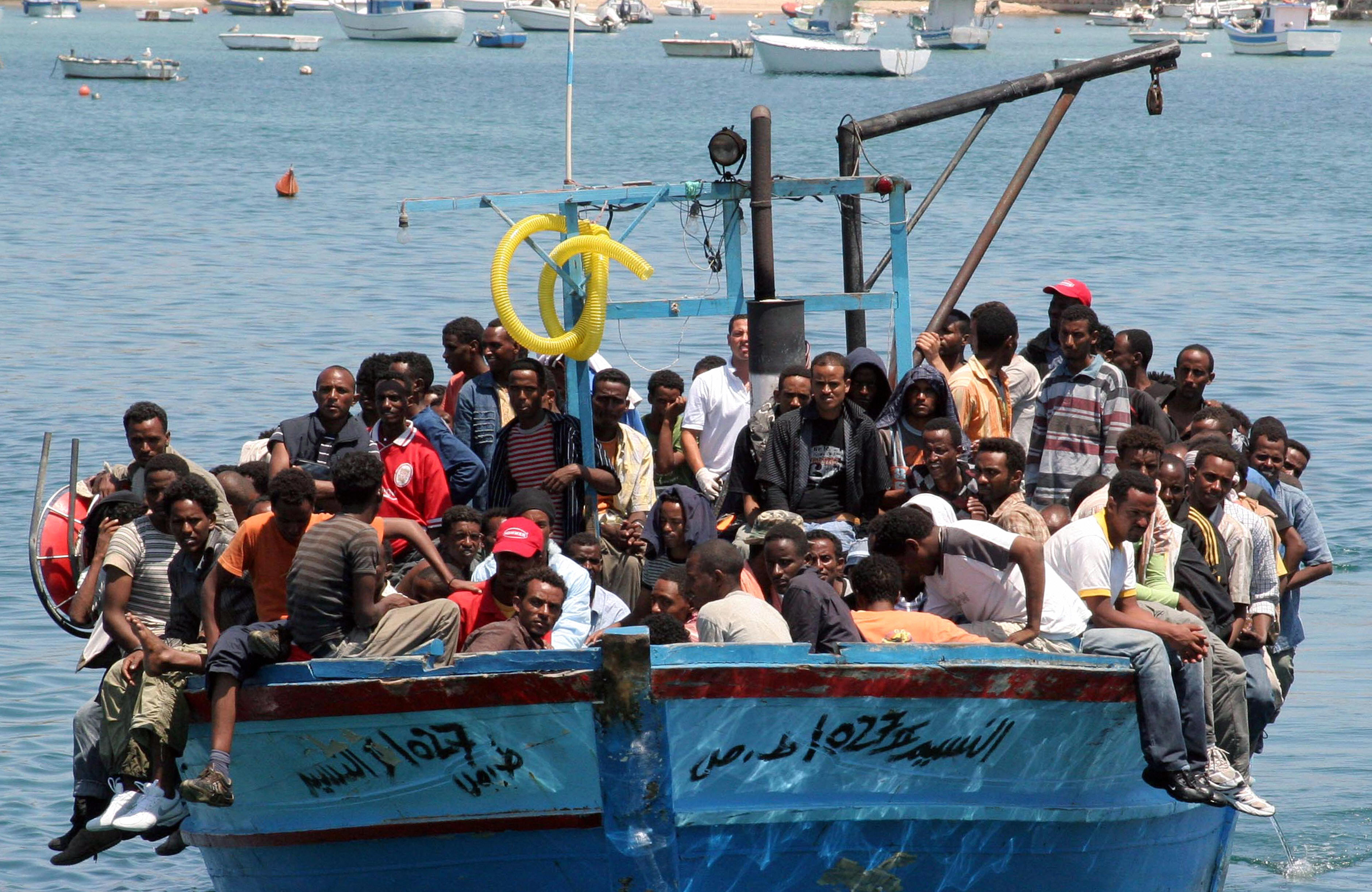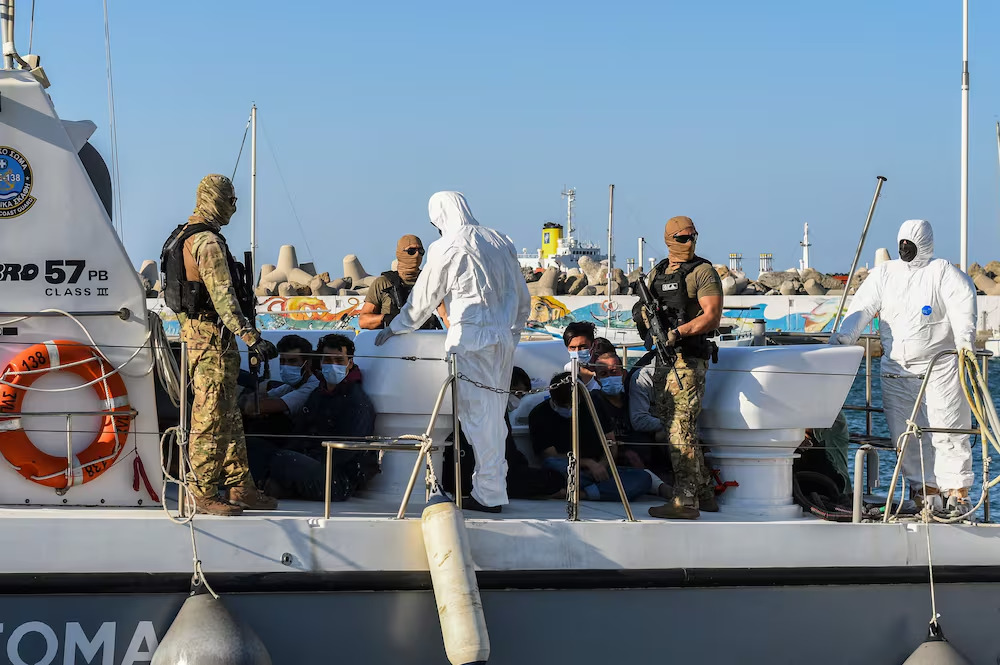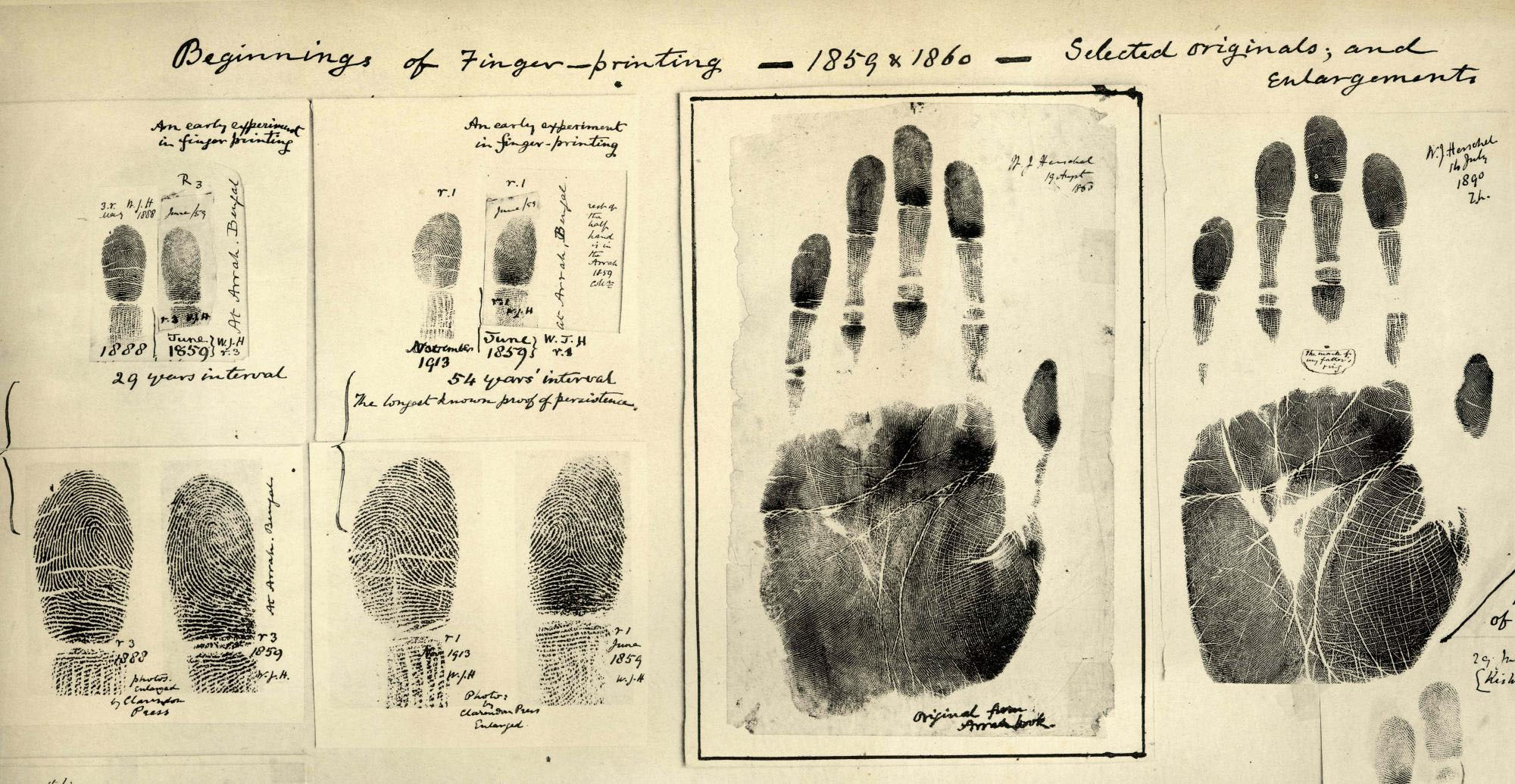How we Europeans will be afroitted in the coming decades
- Within thirty years, by 2050, Europe will have 450 million inhabitants and Africa will have 2.5 billion. In the book The Great Race to Europe, the journalist and professor Stephen Smith analyzes the demographic dynamics of the two continents that the migration of Africans to Europe is going to be increasing and that the unraveling of the European population cannot be avoided. This is the big issue that the two and three European generations will have to deal with.

Book inconvenient Ruée vers l’Europe. Despite the fact that Stephen Smith, of French and American nationality, has an elegant progressive resume as a journalist due to the international responsibilities of Le Monde and Liberation, the book Ruée vers l’Europe should explain the success he has had in the far-right groups. The Weekly Jeune Afrique [Young Africa] replies: “We are always afraid of the applause of the wrong people. Nor would I, of course, want me to dislike to see how, following the refugee crisis, Merkel is strengthened in Germany or the Front Natal in France. But you cannot worry about that. When you want to clarify a topic, it is not in your hands to make friends or enemies.” And what Smith predicts is not comfortable for Europeans.
What Smith basically announces is that Africa will do what everyone – Europe, Latin America, Asia – has done before: complete its demographic transition. Africa has been in the midst of a population explosion since 1930: the 150 million people it had at the time have multiplied by eight to the 1.3 billion people it has today, and 40 per cent of them are under 15 years of age.
By  2050 – 30 years is not so much… – the African population will double, and Smith says that “this is not a vain occurrence, because the parents of the children who are going to be born in these years are already alive.” In the meantime, Europe will have about 450 million inhabitants, forming an even older population. “And young Africans living on the other side of a narrow sea will do the same as Europeans when we move from large, high-mortality families to smaller, longer-lived families: they will emigrate en masse in the hope of a better life.”
2050 – 30 years is not so much… – the African population will double, and Smith says that “this is not a vain occurrence, because the parents of the children who are going to be born in these years are already alive.” In the meantime, Europe will have about 450 million inhabitants, forming an even older population. “And young Africans living on the other side of a narrow sea will do the same as Europeans when we move from large, high-mortality families to smaller, longer-lived families: they will emigrate en masse in the hope of a better life.”
Between 1850 and the First World War – 1914 – 60 million Europeans migrated, 43 of them to the United States. Let us think that at the beginning of the twentieth century Europe had 300 million inhabitants. “What I say, basically, is that, as before all the families of Europe had an uncle in America, within two generations all the families of Africa will have a nephew in Europe. In the surveys, 42 per cent of Africans between the ages of 15 and 25 say they plan to leave. Africa is a continent about to depart.”
Until 2050, therefore, Europe will become African. We have never seen a demographic pressure like the one that comes to us. Analyzing the other models they have known after the population explosion, after calm and aging, Smith estimates that Africa could begin to resist the flight of its citizens by 2050, as are millions of people who sent Mexico to the United States.
Those who migrate are not the poorest, contrary to what many think. There is no one who wants to escape, if that had been the many wars of the 1990s they would have brought many more people to Europe. No, who can migrate. You have to have a knowledge of the world, a level of education -- and have a lot of money to take a long, risky journey.
The young people who have fled the villages have settled first in the slums of the big cities, and later those who have been encouraged and gathered will dare to try a great leap towards Europe. There are no development projects driven by foreign aid that channel them at source, because there is no way to create decent jobs for all. Not at least until this demographic boom is channeled by birth control.
The fences won't stop them
The young people of the peoples of Africa know what life is like in the chaboleries of the big cities, but they will continue to come to them. They prefer to wager and lose to do nothing to change their destino.En the media has seen how you can live in Europe if you can overcome the barriers of entry.
And once here, social media helps them lead a double life, physically in Europe, virtually in Africa. After all, middle-class Europeans who have migrated from their country live a dual life in Singapore, Qatar or Sweden. They're not at all from here or there.
Europe had to accompany African countries in the last 30 years beyond development aid: population control. Why not, if India and China have been helped? It is, however, too late for Europe, as it will not be able to cope with the desire of a poor neighbour, who will be five times more demographically, sealing its borders. “All attempts to close borders have been useless. People will pass one way or another. We would do the same if we were in place.”
From the eyes and interests of Europeans, Smith represents five possible scenarios for the coming years. One, which calls Eurafrica, where all immigrants are welcomed. But, as well as being an expensive path, it's not going to be enough to pay for the reluctance of the increasingly older Europeans, who are suffering identity crises across Europe and who have paved the way for identity policies like the one that Trump has imposed in the United States.
The second possibility, Fortress Europe. Increase border control in exchange for money, by extending economic agreements such as the one you have signed with Turkey to control immigrants. Smith doubts that the flood will stop. The third road, the mafioso Deriba, is the one we are seeing: on the one hand, squeeze out immigrants, and on the other hand, promote populist reactions against immigrants.
The fourth possible trend, the return to post-colonialism, the fact that Europe leaves it to the local African elite to channel the flood of immigrants dressed in such collaboration contracts. And the last hypothesis, the fifth, Of all things, a mixture of strategies that Spain has used in recent years.
According to Smith, reality is already, by hypothesis, the strengthening of identity populisms: “It is enough to turn around Europe, through Italy, Sweden, Germany or Hungary. To change this, we will have to combine three principles of reality and humanities. One, it is up to Europeans to admit at home and not to Europeans. Two, Europe cannot forget Africa, the border is not a barrier, but an area of negotiation. Three, the separation is not now between the rich countries and the poor, but between the winners and losers of globalisation. If, like in Africa, the winners make fun of the losers, we will all lose.”
Kritika artean abiatu dira Gasteizko Arana klinika zena Nazioarteko Babes Harrera Zentro bilakatzeko obrak. Ez auzokideak, ez errefuxiatuekin lan egiten duten gobernuz kanpoko erakundeak, ez PSEz bestelako alderdi politikoak ez daude ados proiektuarekin: makrozentroen ordez,... [+]
"Segurtasun gehiago, inmigrazio gutxiago". Bruno Retailleau barne ministro frantsesa argi mintzatu da, kargua hartu berritan. Etorkinen gaineko kontrola azkartu nahi du Michel Barnier lehen ministro eskuindar-kontserbadorearen gobernuak, eta jada Retailleauk aitzinatu... [+]
Europar Batasunean berriki onartu den Migrazio Itunak, asko zaildu dizkie gauzak euren herrialdetik ihesi doazen eta asiloa eskatzen duten pertsonei. Eskuin muturraren tesiak ogi tartean irentsita, migratzaileentzako kontrol neurri zorrotzagoak onartu dituzte Estrasburgon,... [+]
Migratzaileen kopurua anitz emendatu da Irun eta Hendaia arteko pasabidean. Irungo Harrera Sareak ohartarazi duenez, otsailean 600 pertsona lagundu dituzte, iaz, urte osoan 2.700 izan zirelarik. Iragan urtarrilean, 2.700 etorkin heldu dira Kanariar Uharteetara, egunero 80... [+]






















